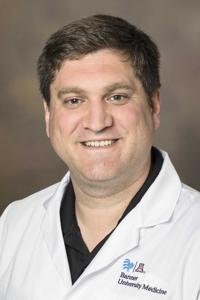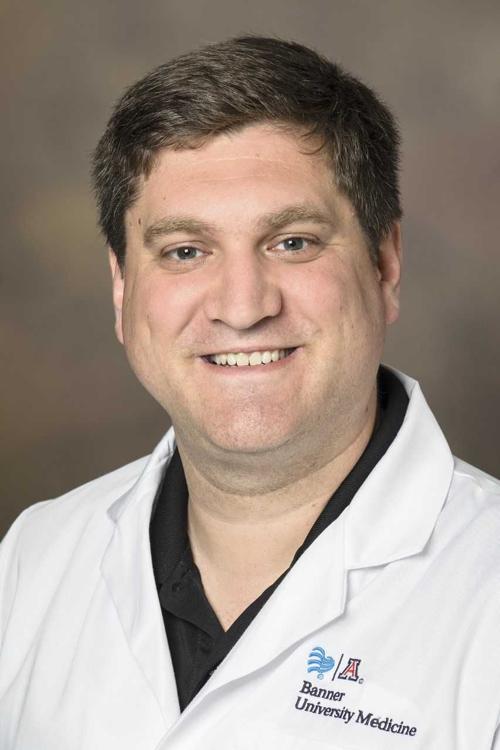A UA researcher was awarded $3.6 million from the National Institute on Minority Health and Health Disparities to study sleep health along the U.S.-Mexico border.
Michael Grandner, director of the University of Arizona Sleep and Health Research Program, will serve as principal investigator of the Nogales Cardiometabolic Health and Sleep Study and will partner with the Mariposa Community Health Center to work with the community in Nogales, Arizona.
Sleep research has mostly been done in broad brush strokes, Grandner said.
For example, “We know that people who have sleep problems are more likely to develop a wide range of health conditions, and we know that people who are under a lot of environmental stress don’t sleep very well. But the relationships are probably complex and if we are going to find real solutions, we need to understand those relationships in detail,” he said.
What he and his team seek to do is untangle what is causing and what is effecting poor sleep.
To do so, the team will analyze sleep- and health-related data on the study’s 1,100 paid subjects. Participants in the study will be chosen to represent the socio-economic and racial makeup of Santa Cruz County.
Not much is known about this unique population. Most sleep and health research has been done on white people, Grandner said. Studying this primarily Latino population will give insight into how their unique environment, behavior and culture impact their sleep and health.
“What are the unique risk factors and what are the strengths” of this population and their environment? Grandner asked.
“There are all these issues around culture that are unique and valuable to Nogales (and in turn a good night’s sleep) but also things that cause stress, like militarization (of the border), Border Patrol and families split across the border,” Grandner said.
Additionally, this study will focus on a population of Hispanics and Latinos often overlooked.
“In Southern Arizona, life here for Latinos is very different than in a big city where most research is done. First of all representation is different, crime, culture, health-care access is all a little different,” Grandner said.
Grandner expects results in about five years.





